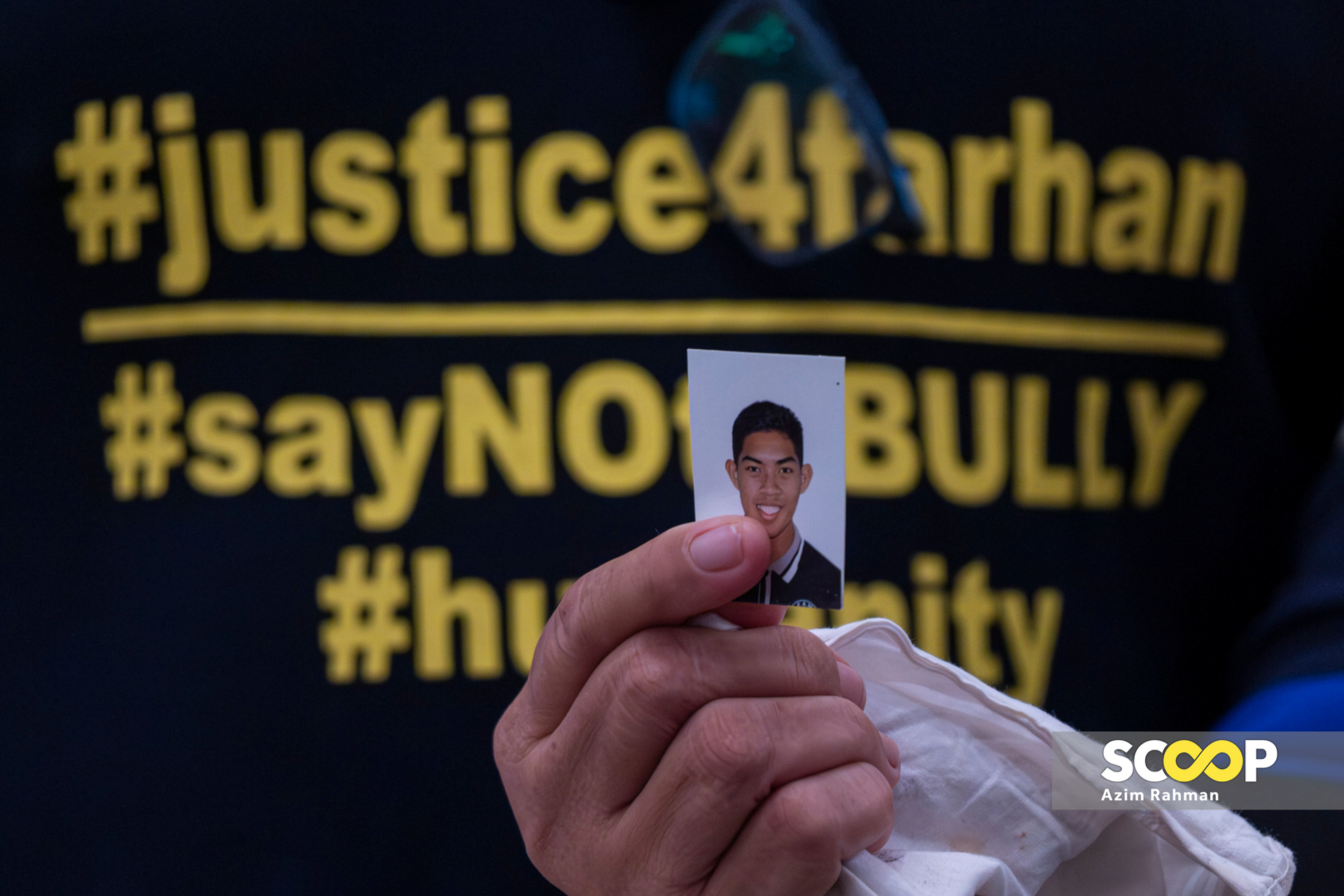KUALA LUMPUR – The Malaysian Human Rights Commission (Suhakam) has described the Court of Appeal’s ruling to send Zulfarhan Osman Zulkarnain’s murderers to the gallows as a sad moment in the country’s judicial history.
In a press statement today, Suhakam reiterated its stance against the death penalty, labelling such punishments as both “unjust” and “ineffective”.
“The death penalty is a form of punishment that is irreversible and does not allow for the possibility of rehabilitation in the event of judicial error.
“It also goes against the global movement towards the abolition of capital punishment, which many countries have recognised as inhumane and a violation of fundamental human rights,” Suhakam said.
While expressing sympathy for Zulfarhan’s family and acknowledging the gravity of the crime, Suhakam emphasised the need for a rehabilitative approach within the criminal justice system.
Rather than imposing an irreversible punishment, Suhakam advocates for rehabilitation as a means to transform offenders and prevent future crimes.
“Our commitment to human rights mandates that we advocate for the abolition of the death penalty.
“Suhakam calls upon the Malaysian government to reconsider the use of capital punishment and to continue working towards a justice system that is fair, humane, and just for all,” Suhakam added.
Yesterday, Malaysians Against Death Penalty and Torture’s (Madpet) Charles Hector issued a similar statement that suggested the courts should have sentenced naval cadet Zulfarhan’s killers to at least 30 years imprisonment.
Charles said after the Abolition Of Mandatory Death Penalty Act 2023, the Court of Appeal is not forced to mete out capital punishment but can impose alternative sentences instead.
“In this case, the court could have even sentenced the six to 40 years imprisonment, and these 21-year-old young adults, when they committed the crime, would come out of prison when they are over 60 years old. This would be just.
“Whilst the six involved in the torture in the later stage using the steam iron were sentenced to death, it is ironic that the other 12 only ended up with a sentence of four years imprisonment.
“They ought to have received a higher sentence as it is hard to say that their earlier torture did not contribute to the death,” Charles said.
Two days ago, the Court of Appeal sentenced six naval Universiti Pertahanan Nasional Malaysia naval cadets – Muhammad Akmal Zuhairi Azmal, Muhammad Azamuddin Mad Sofi, Muhammad Najib Mohd Razi, Muhammad Afif Najmudin Azahat, Mohamad Shobirin Sabri, and Abdoul Hakeem Mohd Ali – to the gallows.
Ruling that the six accused caused Zulfarhan’s death by burning the victim’s skin with a hot steam iron, the Court of Appeal said that the torture inflicted was “despicable, inhumane and merciless”. – July 25, 2024


